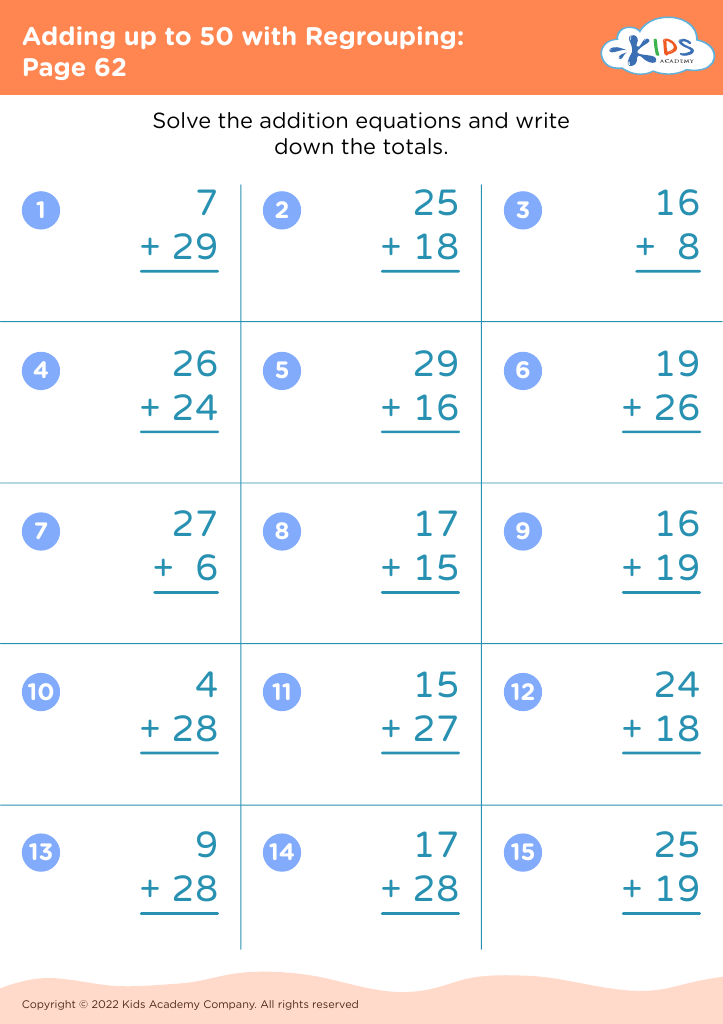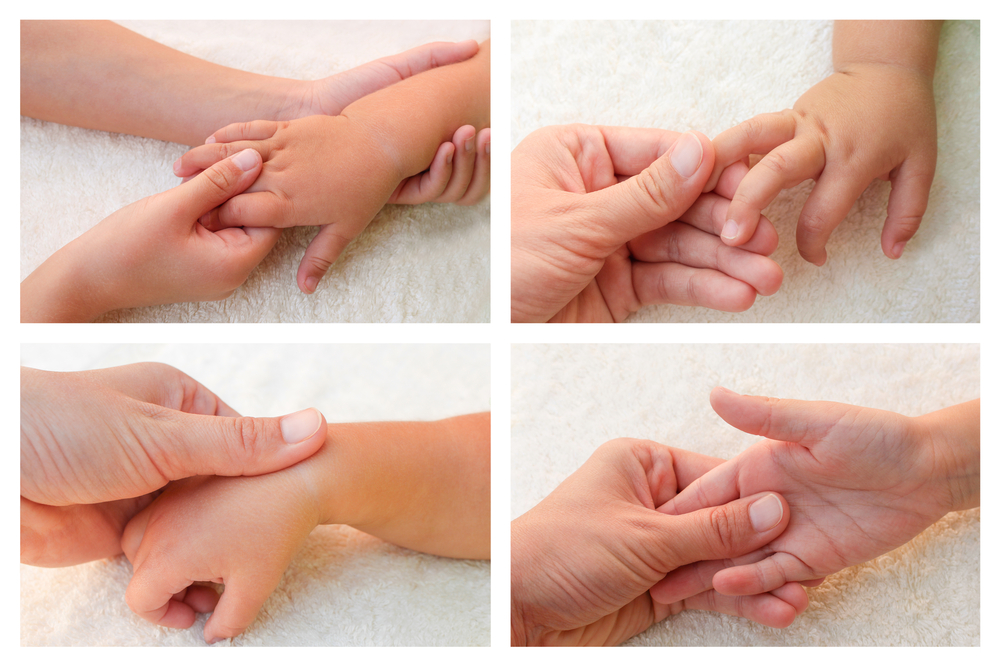Practicing money calculation Worksheets for Kids
1 filtered results
-
From - To
Question/Answer
How to train the Practicing money calculation skill in Grade 2 students learning about Adding up to 50 with Regrouping?
To train Grade 2 students in practicing money calculation skills with adding up to 50 with regrouping, use real-life scenarios involving money, like playing store. Start with single-digit items and gradually introduce two-digit numbers, ensuring amounts total up to or below 50. Use physical coins and bills for tactile learning, and practice making change to reinforce addition with regrouping skills.
What does the Practicing money calculation skill mean when it comes to Grade 2 Adding up to 50 with Regrouping learning?
Practicing money calculation skill in the context of Grade 2 Adding up to 50 with Regrouping refers to teaching students how to add monetary values up to $50 using regrouping techniques.
Why is the Practicing money calculation skill important for Grade 2 students?
Practicing money calculation skills is important for Grade 2 students because it helps them develop essential mathematical abilities, improves their understanding of the value of different currencies, and teaches them basic financial literacy. This foundational knowledge is critical for managing everyday transactions and sets the stage for more complex mathematical concepts and responsible money management in the future.













